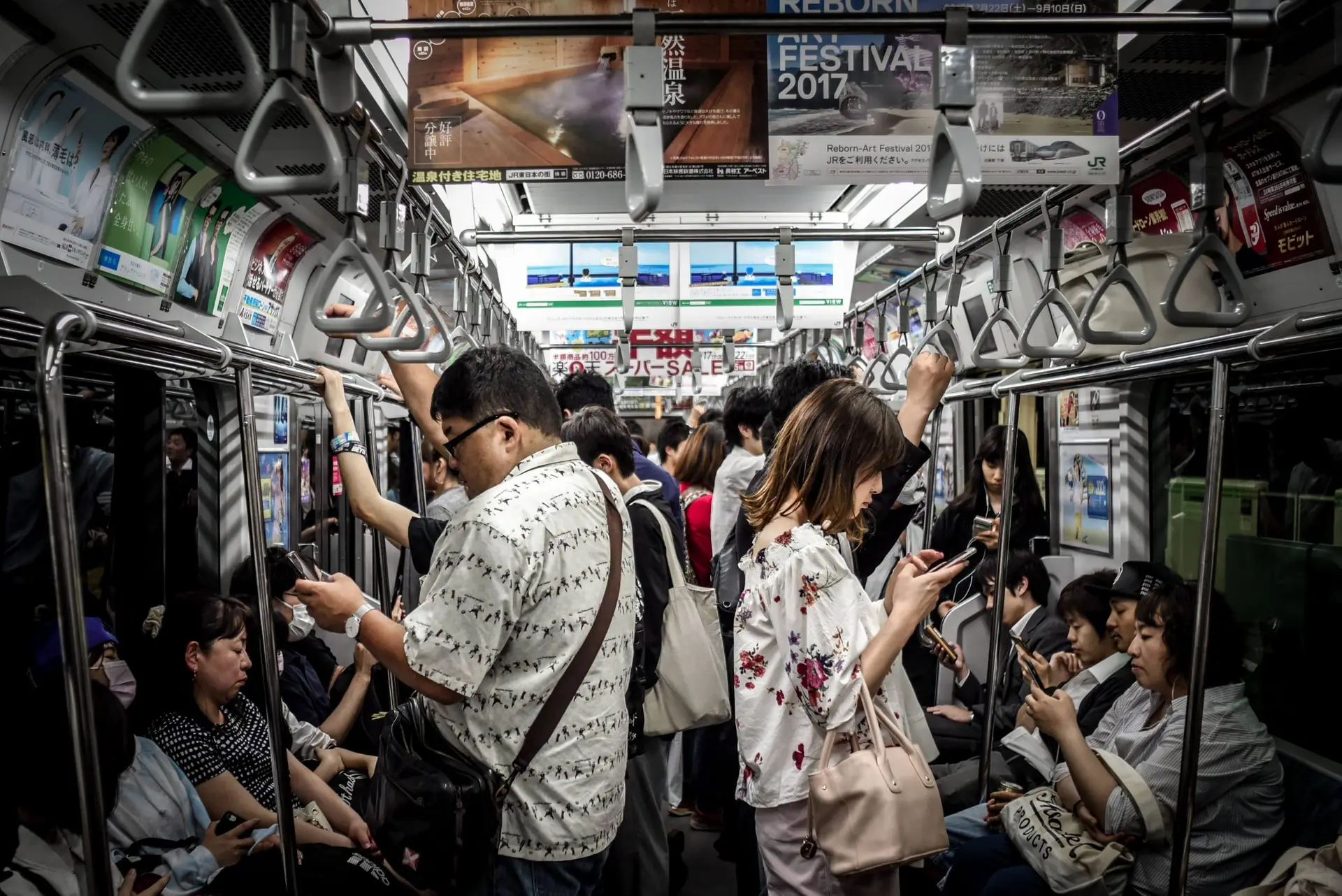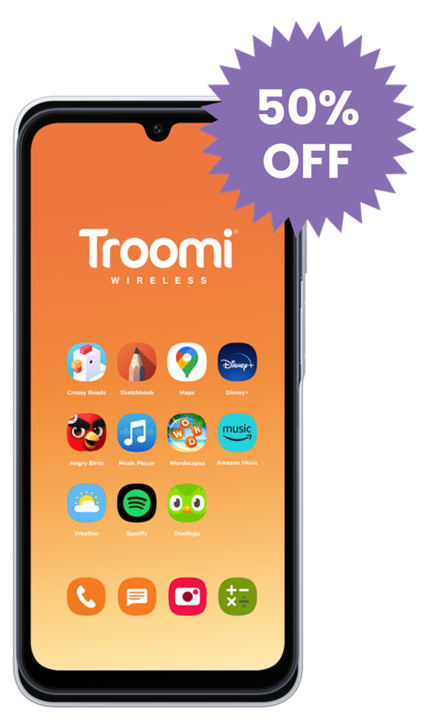In today’s digital age, our addiction to social media has become pervasive. From Facebook to Twitter, Instagram, and Tiktok, people spend more time than ever before scrolling on their smartphones, keeping up with the latest viral trends, and engaging with their friends and followers. But how many people are addicted to social media? Let us dive into the statistics and find out.
Globally How Many People Are Addicted to Social Media
According to a report by Statista, globally, there were approximately 3.8 billion social media users in 2020, and this number is expected to increase to almost 4.4 billion by 2025. The report also found that the average user spends around 2 hours and 25 minutes per day on social media. However, what is more concerning is that one in three people in the world is addicted to social media, according to a study conducted by the University of Derby.
Six Key Traits
The study identified six key traits that define social media addiction, including salience, mood modification, tolerance, withdrawal, conflict, and relapse. This addiction can lead to various negative effects on mental health, including anxiety, depression, low self-esteem, and a lack of focus and productivity. Additionally, excessive social media use has been linked to sleep disorders, eye strain, and neck pain.
Checking Social Media
Another study by the Pew Research Center found that around 50% of folks say they sometimes feel compelled to check their social media accounts (FB, IG, Twitter, etc.), and 24% say it happens “frequently.” The research also found that younger people are more likely to become addicted to social media, with 45% of teens saying they are online “almost constantly.”
How To Stop the Addiction
Although social media platforms are thriving on the user’s ability to stay connected, many are taking steps to regulate user addiction. They are rolling out features to track and monitor user’s activity and prompt them to take a break when they have been using the app for a long period. Social media usage has to be a personal and responsible choice, and setting time limits and dedicating regular breaks from social media could help alleviate addiction and its adverse impacts.
Conclusion
Social media addiction is a pervasive problem affecting millions of individuals globally, with detrimental consequences for mental and physical health. While it is challenging to determine the exact extent of this issue, various studies indicate that approximately one-third of the global population is addicted to social media. allows parents to monitor and guide their child’s phone usage effectively, reducing the risk of social media addiction. By combining responsible parenting practices with the support of Troomi Wireless, we can foster a healthy relationship with technology and protect our children from the potential harms of social media addiction.
Excited about Troomi? Click here to learn more!


